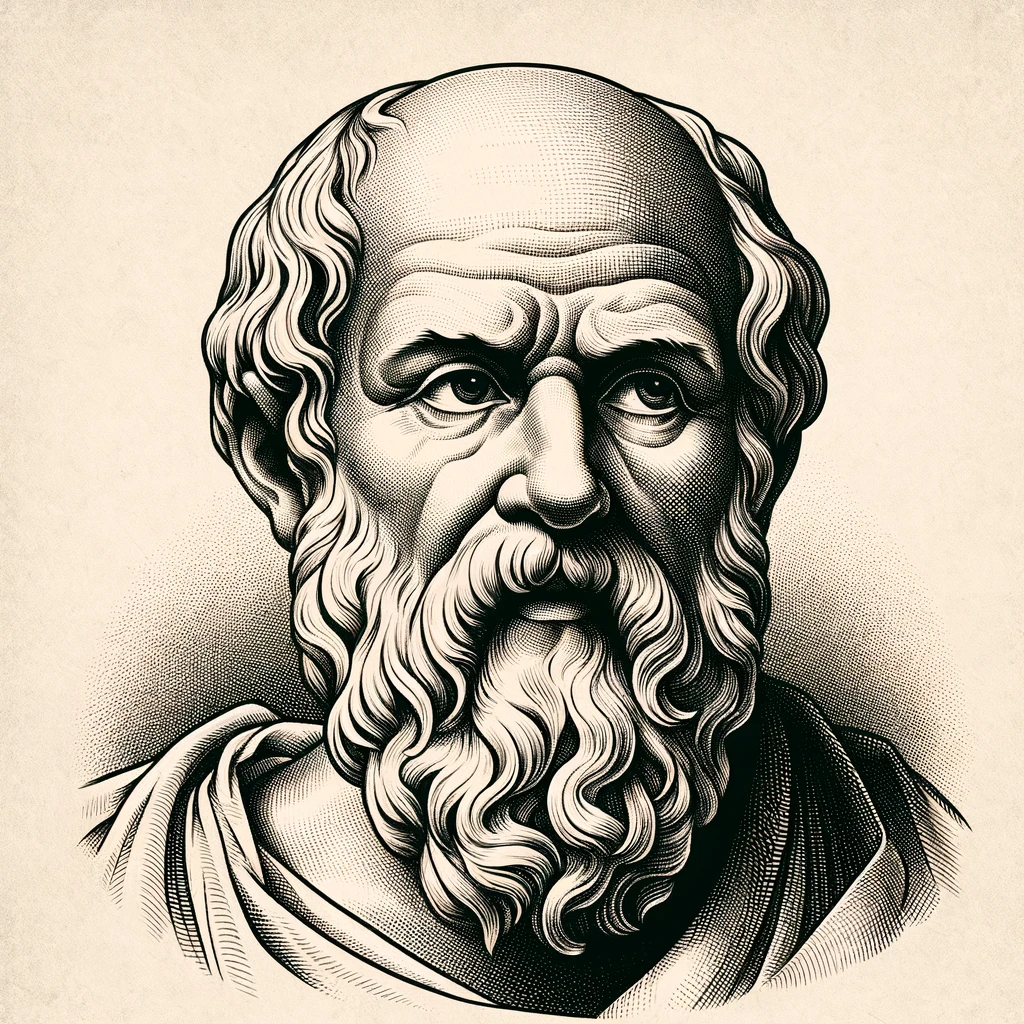In the annals of philosophical history, few figures have cast as long a shadow as Socrates. His method of inquiry not only challenged the intellectual and moral complacency of his time but also laid the foundation for Western philosophical thought. Central to Socrates’ enduring legacy are his followers, most notably Plato and Xenophon, who carried the torch of his teachings into new territories of thought. This blog post explores the profound influence Socrates had on his disciples and how they contributed to the mosaic of classical philosophy.
Socrates’ Philosophical Legacy:
Socrates himself left no written records, but his life and teachings were immortalized by his followers. His dialectical method, characterized by relentless questioning to uncover underlying truths about life and virtue, became a cornerstone of Western philosophy. Through the works of his students, we glimpse the depth of Socrates’ influence on the intellectual landscape of ancient Greece.
Plato: The Idealist Disciple:
Plato, perhaps Socrates’ most famous student, was deeply influenced by his teacher’s unjust death, which propelled him to explore justice, politics, and the ideal state. Plato’s dialogues, where Socrates often features as the protagonist, are not just philosophical texts but also profound tributes to his mentor. Through works like “The Republic,” Plato expanded on Socratic teachings, introducing the theory of Forms and the concept of philosopher-kings, thereby constructing an idealized vision of society deeply rooted in Socratic ethics.
Xenophon: The Historian and Moralist:
Xenophon, another prominent follower, offered a more pragmatic and historical perspective on Socrates. In “Memorabilia” and “Oeconomicus,” Xenophon portrayed Socrates as a moral and practical advisor, focusing on his teachings about household management and personal conduct. Unlike Plato, Xenophon’s Socrates is less concerned with metaphysical speculations, emphasizing instead the application of virtue in everyday life.
Other Followers and the Socratic Schools:
Beyond Plato and Xenophon, Socrates influenced a myriad of thinkers who formed various Socratic schools, such as the Cynics, led by Diogenes, who embraced Socrates’ ascetic lifestyle and his disdain for materialism. Another follower, Antisthenes, founded the Cynic school, which advocated for a life lived in accordance with nature, eschewing societal conventions and material excess in pursuit of happiness.
The Socratic Circle was not just a group of philosophers united by their association with Socrates; it was a dynamic movement that significantly shaped philosophical discourse. Plato and Xenophon, with their distinct interpretations of Socratic thought, ensured that Socrates’ philosophical inquiries would permeate diverse aspects of human knowledge and society. Through their writings, the essence of Socratic philosophy — the unyielding pursuit of wisdom and virtue — continues to inspire and challenge us to this day.









